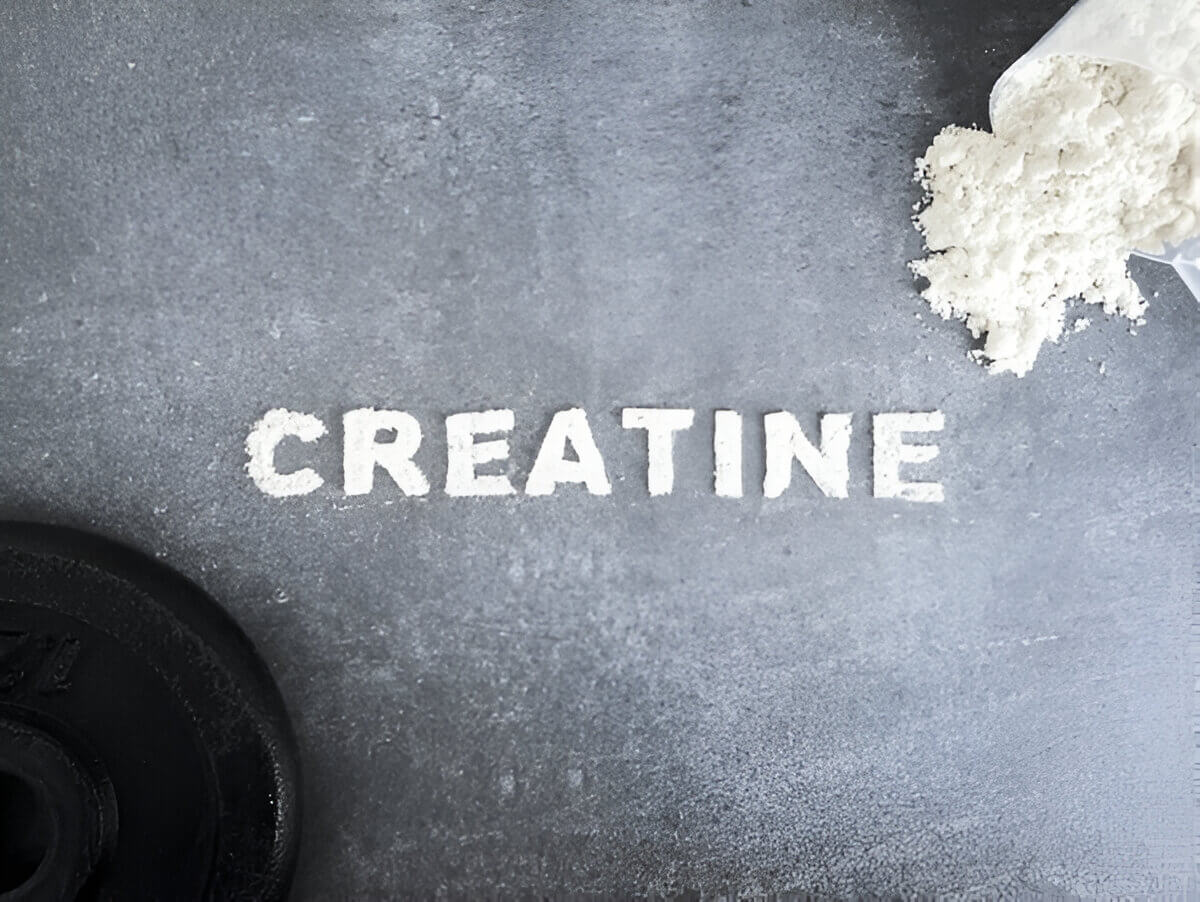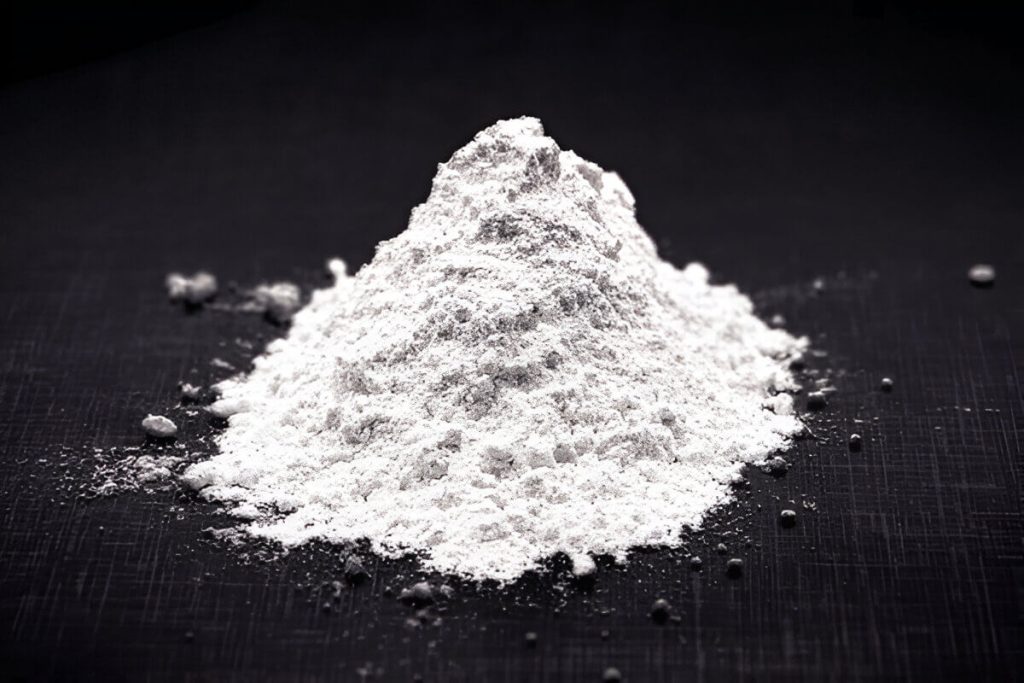
In fitness, creatine is popular for muscle gain and performance enhancement. However, concerns exist about its impact on hair health, particularly hair loss. This text examines studies to clarify creatine’s effects on hair, investigating links between its use and hair thinning through hormonal pathways like DHT. It debunks myths while considering user experiences and offers a balanced view on whether creatine’s benefits outweigh any hair loss risks.
Understanding Creatine and Its Uses
Creatine is a popular fitness supplement widely recognized for its role in enhancing sports performance and supporting muscle gain. Naturally found in small amounts within certain foods and synthesized by the body, creatine plays a critical part in energy production during high-intensity exercise. When taken as a supplement, it can significantly increase the phosphocreatine stores in muscles, allowing athletes to produce more ATP (the primary energy carrier in cells) during bursts of activity.
The primary use of creatine is to improve strength and power output, making it particularly beneficial for activities that require short, intense efforts like weightlifting or sprinting. By enabling longer periods of exertion before fatigue sets in, athletes can train harder and with greater frequency, potentially leading to enhanced muscle growth over time.
Beyond muscle gain and improved performance metrics, creatine has also been studied for its possible benefits on brain health due to its role in cellular energy production. While generally considered safe for consumption when used appropriately, it’s always advisable to consult with a healthcare professional before starting any new supplement regimen. Understanding how creatine works and its potential effects can help individuals make informed decisions about incorporating this fitness supplement into their routines.
The Science Behind Creatine and Hair Health

Creatine is widely known for its role in enhancing athletic performance, but its effects on hair health have also sparked interest among researchers and consumers alike. Understanding the science behind creatine and hair health involves delving into the biochemical interactions that occur within our bodies.
Scientific research on creatine has primarily focused on its benefits for muscle energy production, yet some studies have explored its potential impact on hair. Creatine is an amino acid derivative that supports cellular energy by replenishing ATP (adenosine triphosphate) levels, which are crucial for various bodily functions, including those related to hair follicle activity.
Concerns about creatine and hair loss often stem from misconceptions rather than concrete evidence. While there are anecdotal reports suggesting a link between creatine supplementation and increased shedding or thinning of hair, scientific studies specifically addressing creatine effects on hair remain limited. The few existing studies suggest that any perceived impact might be indirect, potentially linked to hormonal changes or individual responses rather than a direct consequence of creatine itself.
While scientific research continues to explore the intricacies of how supplements like creatine interact with different aspects of health, current evidence does not conclusively support the notion that creatine directly causes significant changes in hair health. As always, individuals considering supplements should consult healthcare professionals to tailor advice to their specific needs and conditions.
How Could Creatine Potentially Affect Hair Loss?
Creatine is a popular supplement among athletes and fitness enthusiasts, known for its ability to enhance muscle performance and strength. However, there has been ongoing discussion about its potential impact on hair health, specifically concerning hair loss. The primary concern revolves around the hormonal changes that creatine might induce, particularly its effect on dihydrotestosterone (DHT) levels.
Dihydrotestosterone is a hormone derived from testosterone and is closely linked to androgenic alopecia, commonly known as male-pattern baldness. Elevated levels of DHT can contribute to hair follicle miniaturization, leading to thinning hair and eventual hair loss. Some studies suggest that creatine supplementation may increase DHT levels in the body, raising questions about whether it could exacerbate hair thinning causes in individuals predisposed to androgenic alopecia.
While the evidence connecting creatine directly to increased DHT production remains limited and somewhat inconclusive, it’s crucial for individuals concerned about hormonal impact of creatine on their hair health to monitor their body’s response carefully. Consulting with healthcare professionals can provide personalized insights into how supplements like creatine might interact with one’s unique hormonal profile and influence factors such as hair loss. As research continues in this area, understanding the nuanced relationship between dietary supplements and hormone-driven conditions will be key for those looking to balance fitness goals with overall well-being.
Common Misconceptions About Creatine and Hair Loss
When it comes to supplements, creatine often finds itself at the center of various myths and misconceptions, particularly concerning hair loss. Let’s delve into the facts versus fiction surrounding these claims.
One of the most prevalent creatine myths is that it directly causes hair loss. This misconception likely stems from a study suggesting that creatine might increase dihydrotestosterone (DHT) levels, a hormone linked to hair follicle shrinkage in genetically predisposed individuals. However, it’s crucial to understand that this study was small and its findings have not been consistently replicated in larger research efforts. Thus, claiming a definitive link between creatine and hair loss lacks substantial scientific backing.
In fact vs fiction in supplements, it’s important to approach such rumors with a critical eye. Creatine is one of the most researched supplements available and has been proven safe for general use when taken as directed. It’s known for improving athletic performance and increasing muscle mass rather than affecting hair health directly.
Debunking creatine rumors requires acknowledging individual variability in responses to any supplement. While some may experience changes due to genetic factors or other underlying conditions, attributing these solely to creatine is misleading without comprehensive evidence.
While concerns about creatine causing hair loss persist in popular discourse, they remain largely unfounded when scrutinized against scientific data. As always, those considering new supplements should consult healthcare professionals to make informed decisions tailored to their personal health needs.
What Do People Say About Using Creatine?
When it comes to supplements, creatine often stands out as a popular choice among fitness enthusiasts and athletes. But what do users really have to say about it? Diving into creatine user reviews reveals a tapestry of experiences that provide valuable insights into its effects.
Many users report positive outcomes, such as improved strength and endurance during workouts. These personal stories about creatine use often highlight noticeable gains in muscle mass and enhanced performance, which align with the supplement’s known benefits in scientific literature.
However, there are also anecdotal accounts that raise concerns. A recurring topic is the potential link between creatine use and hair loss. While scientific evidence on this matter remains inconclusive, some individuals have shared their experiences of noticing increased hair shedding after starting creatine supplementation. It’s important to note that these are personal observations and may not apply universally.
While the majority of reviews tend to praise creatine for its efficacy in boosting athletic performance, it’s crucial for potential users to consider both the positive testimonials and any anecdotal evidence regarding side effects like hair loss. Consulting with healthcare professionals can provide further guidance tailored to individual health needs before incorporating creatine into one’s regimen.
Benefits of Taking Creatine vs Risks of Hair Loss Concerns
When it comes to enhancing fitness performance, creatine supplementation has emerged as a popular choice among athletes and gym enthusiasts. Known for its ability to increase muscle mass, improve strength, and boost overall workout performance, the advantages of creatine supplementation are well-documented. Creatine works by increasing the availability of ATP (adenosine triphosphate), the primary energy carrier in cells, which allows for more intense training sessions and quicker recovery times.
However, as with any supplement, it’s crucial to weigh the pros and cons when considering creatine for your fitness goals. One concern that often arises is the potential link between creatine use and hair loss. While some anecdotal reports suggest a connection due to increased levels of DHT (dihydrotestosterone), a hormone associated with hair loss, scientific evidence remains inconclusive. Most studies have not found significant proof that creatine directly causes hair loss.
For those contemplating adding creatine to their regimen, it’s important to maintain a balanced perspective. The benefits (such as improved athletic performance and muscle growth) can be significant for many users when used correctly within recommended guidelines. At the same time, being aware of potential side effects or concerns allows individuals to make informed decisions about their health and fitness journey.
Ultimately, consulting with healthcare professionals or nutritionists can provide personalized advice tailored to individual needs and help navigate any uncertainties surrounding creatine supplementation’s impact on both fitness outcomes and personal health considerations.